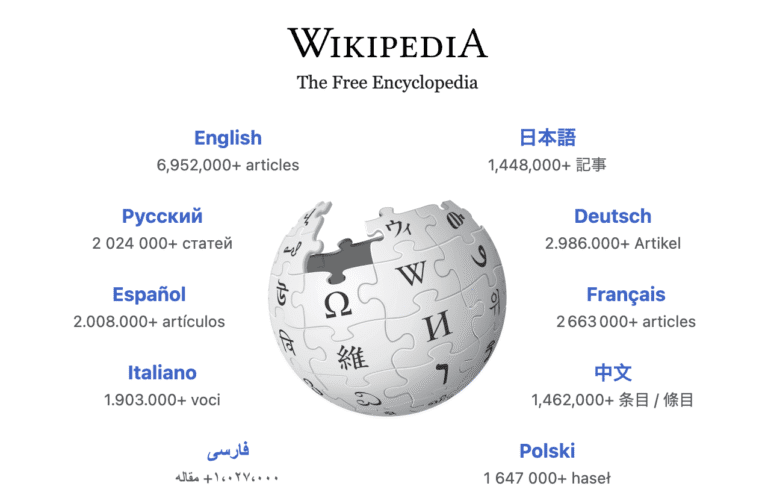Elon Musk’s Grokipedia: The Future of AI-Driven Knowledge
Billionaire Elon Musk has unveiled plans for a groundbreaking project called Grokipedia, aiming to create an artificial intelligence-driven alternative to the widely used online reference resource, Wikipedia. Developed by Musk’s AI company, xAI, Grokipedia promises to deliver a less biased and more accurate pool of knowledge.
The Birth of Grokipedia
In a post on his social media platform, X, Musk proclaimed, “We are building Grokipedia @xAI. It will be a massive improvement over Wikipedia and a necessary step towards understanding the Universe.” This initiative follows mounting criticisms of Wikipedia’s perceived biases.
Background and Motivation
The announcement was prompted by comments from tech investor David Sacks, who labeled Wikipedia as "hopelessly biased." Sacks argues that:
- Wikipedia is maintained by what he describes as an "army of left-wing activists."
- This systemic bias negatively impacts the platform, especially since it often ranks highly in Google search results and serves as a trusted source for AI model training.
This criticism gained traction following an interview with Wikipedia co-founder Larry Sanger, who has emerged as a prominent critic of the platform he helped create. Sanger expressed concerns about how Wikipedia categorizes news outlets into approved and blacklisted categories. Here’s a brief overview of his claims:
- Approved Sources: The New York Times, The Washington Post, MSNBC, and CNN.
- Blacklisted Sources: Fox News, The New York Post, and The Epoch Times.
As Sanger noted, “So, you can’t use those as sources on Wikipedia.”
Research-Backed Concerns
Sacks is not alone in his apprehensions. A 2024 study by the Manhattan Institute revealed a political bias within Wikipedia. Key findings include:
- Negative Language: Right-leaning public figures tend to be described with more negative language than their left-leaning counterparts.
- Emotional Bias: Entries concerning right-leaning figures were associated with negative emotions like anger, while left-leaning entries featured positive emotions like joy.
Musk’s Previous Critiques of Wikipedia
Musk has voiced concerns about Wikipedia for years. In late 2023, he offered to donate $1 billion to Wikipedia under the condition it rebranded as "Dickipedia," showcasing his discontent with its editorial practices. He has also engaged in public disagreements with Wikipedia co-founder Jimmy Wales on issues of balancing transparency and neutrality.
Grokipedia’s AI Foundation
Grokipedia is expected to leverage xAI’s robust AI models, including its Grok chatbot. Musk indicates that these technologies are designed to identify and rectify errors in online content, forming a new database aimed at eliminating perceived biases found in Wikipedia.
Challenges Ahead
While the concept of an AI-generated encyclopedia is innovative, it also faces significant challenges. A 2024 study on AI chatbots highlighted that:
- AI tools excel in responding to straightforward, factual inquiries.
- They often struggle with complex questions, exhibiting faulty reasoning and citing unreliable references.
This skepticism is compounded by past controversies involving AI within the Wikipedia community. For instance, in June 2025, the Wikimedia Foundation halted experiments with AI-generated article summaries after strong opposition from volunteer editors.
Conclusion
Elon Musk’s Grokipedia aims to tackle criticisms of Wikipedia by creating a more objective knowledge repository. However, ridding online platforms of bias and error—especially through AI—will call for innovative solutions and careful consideration of existing challenges. As Grokipedia develops, the tech community and experienced editors will keenly observe its impact on digital knowledge-sharing.
For ongoing developments about Grokipedia and its implications for digital reference tools, keep an eye on relevant tech news platforms and academic studies.


